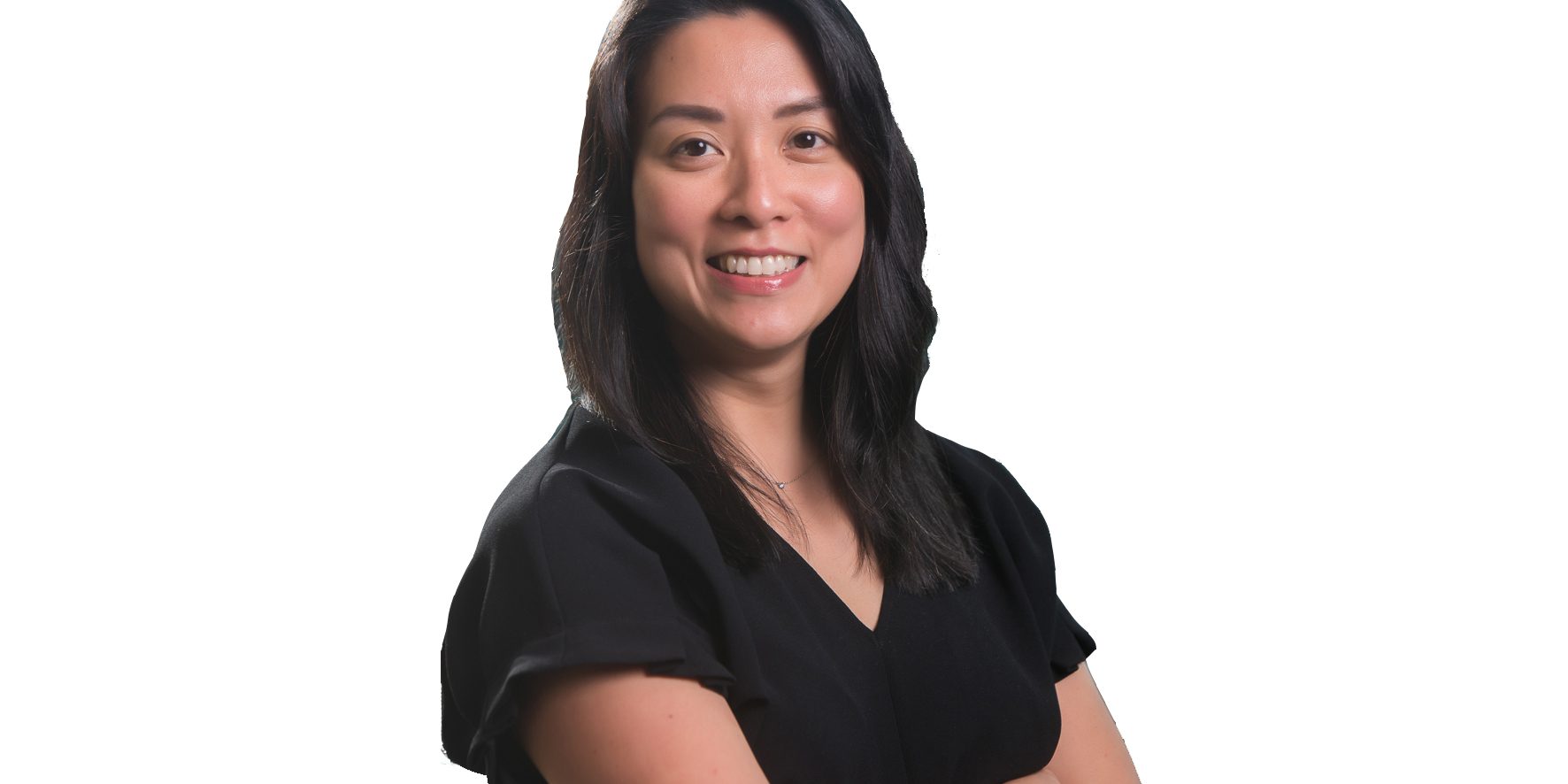
Dr Cheryl Carcel awarded Franklin Women travel scholarship
Congratulations are in order for Dr Carcel, Research Fellow in the Stroke and Women’s Health Program at The George Institute Australia, and winner of the 2019 Franklin Women Carer’s Travel Scholarship.
The aim of the scholarship is assist researchers who have primary caring responsibilities for children or family members with a disability or chronic condition by funding the costs of any additional care required while they present their research at an academic conference.
“I’m very proud to have been selected for this scholarship. As an early career researcher, it is important to share my work with an international audience,” said Dr Carcel.
“The European Stroke Organisation Conference is the leading forum for stroke research and is rapidly becoming the world’s foremost platform for the release of major trial data. Attending the conference will not only help disseminate my work on important sex differences in stroke but will also serve as a catalyst and further my career in research.”
“Unfortunately the conference does not offer any parental support such as child-friendly conference rooms or child care facilities. This scholarship will mean that I can focus on my work, while my husband can take care of primary care duties,” said Dr Carcel.
Dr Carcel will be presenting her research, “Sex differences in the treatment and outcome after stroke: a pooled analysis of five clinical trials, including 20,000 participants”, at the conference. Dr Carcel will also attend the European Stroke Organisation Women in Stroke Leadership preconference workshop, which aims to promote gender equity in academic stroke research and clinical trial leadership.
Franklin Women, a social enterprise whose focus is retaining women in health sciences, launched the travel scholarship to address the financial and logistical barriers which often prevent women being visible at academic conferences.
Franklin Women Founder, Dr Melina Georgousakis, who is also a researcher, said that the academic research environment is not supportive of those with family demands, still primarily felt by women, which can impact career progression.
“An academic research career is unique in that job funding is competitive and relies on a researcher’s ability to continually show their contribution to a field. This often results in women being less competitive when they return to research after a career break related to caring responsibilities. We believe this is contributing to the poor retention of Australian women in these careers,” said Dr Georgousakis.
“This scholarship is designed to help health and medical researchers with unpaid caring responsibilities to travel to conferences which are critical for professional development - both to disseminate their research findings but also build career connections. We hope that the money will take some of the pressure off academic families so they can fully participate in their careers at such a critical time,” she added.


